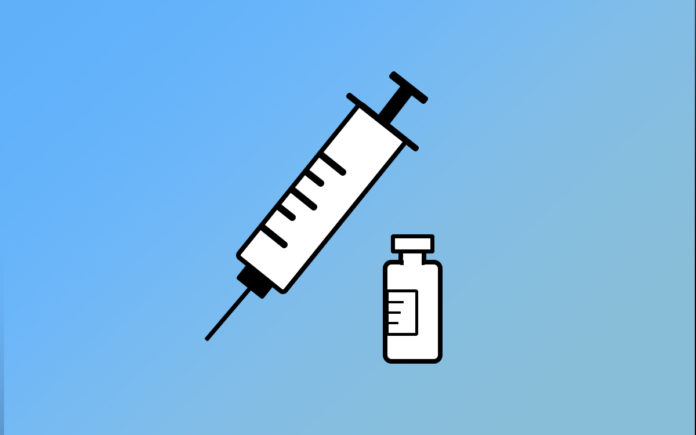
By Camille Cox | Staff Writer
The Food and Drug Administration has now authorized a second booster dose of the Pfizer-BioNTech or Moderna COVID-19 vaccines for adults over 50 years old and immunocompromised individuals at least four months after their last dose was administered.
Experts have said while there is limited data about the effectiveness of the vaccine, the data they do have suggests an increase of protection from a second booster.
“Current evidence suggests some waning of protection over time against serious outcomes from COVID-19 in older and immunocompromised individuals. Based on an analysis of emerging data, a second booster dose of either the Pfizer-BioNTech or Moderna COVID-19 vaccine could help increase protection levels for these higher-risk individuals,” Dr. Peter Marks, director of the FDA’s Center for Biologics Evaluation and Research, told the FDA.
This decision comes as a response to the omicron sub-variant BA.2, which has swept over Europe and now is the most dominant strand in the United States.
According to the Centers for Disease Control and Prevention, there is a daily average of 25,218 new cases of the virus in the United States. This is a 5.4% decrease in the average number of cases per day from the prior week.
Dr. Sharon Stern, medical director of Baylor Health Services, said the new authorization of a second booster is to help continue an immune response to the virus among communities.
“They decided to go ahead and derive a second booster at least four months after the first booster to help kind of trigger the immune response of those who are older or who have coexisting conditions,” Stern said. “The things that they’re targeting are deaths and hospitalizations, and because younger people are less likely to have to go to the hospital, there isn’t as much benefit giving it to that population at this point, but that all may change.”
Stern said there have been spikes of COVID-19 cases at some universities, with the predominant variant being the omicron sub-variant BA.2.
“The problem with omicron is that it seems to be able to circumvent the vaccines more easily, so it is possible that we will have another spike, and we’re hoping it’s a very low one,” Stern said.
Stephanie Alvey, public health emergency preparedness coordinator at Waco- McLennan County Public Health District, said health experts are continuously monitoring data about the effects of the vaccine and the virus.
“If we continue to see low levels of virus in the community and this variety of the virus stays minimal, then that will impact what decisions are made about boosters going forward,” Alvey said. “We are definitely offering the booster and have it available here in our clinics for those that are eligible, and we do recommend everybody get at least their first booster after their primary series due to waning immunity.”
The second booster shot means a fourth shot for those who received two initial doses and then the first booster shot. For individuals who received the Johnson & Johnson vaccine initially, this will be their third shot.
For more information, visit the FDA’s website or the CDC’s website for each individual’s personal recommendation.





